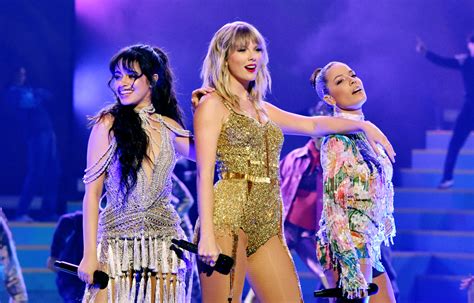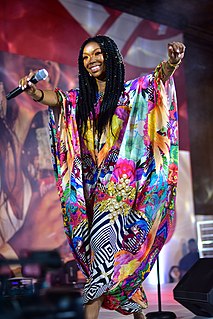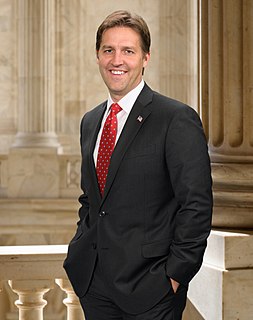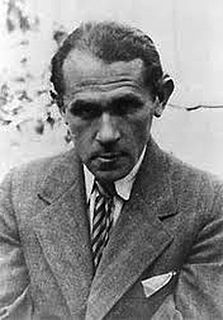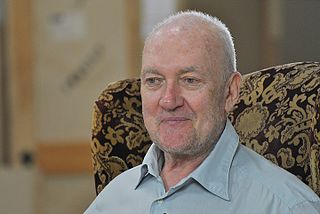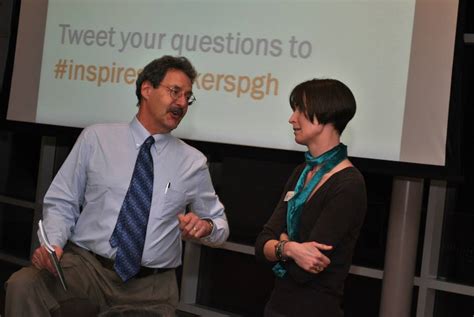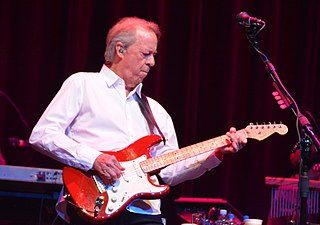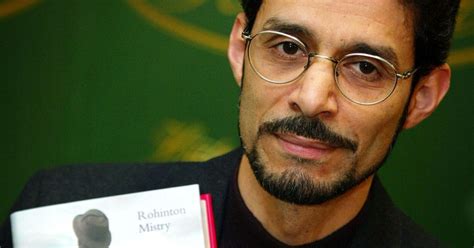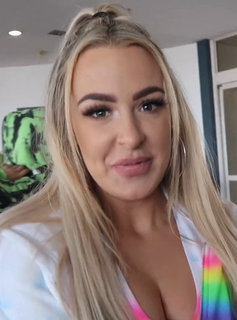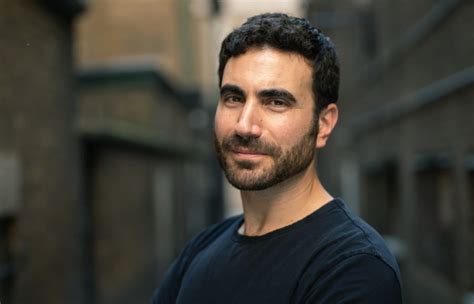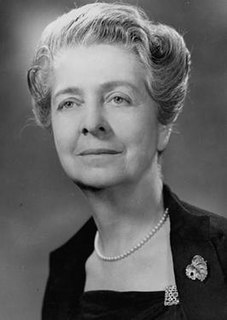A Quote by Hunx
I blacked out my childhood after a string of traumatic events in my late adolescence.
Quote Topics
Related Quotes
Adolescence is a relatively recent thing in human history -- a period of years between the constraints of childhood and the responsibilities of adulthood. This irresponsible period of adolescence is artificially extended by long years of education, much of it wasted on frivolities. Tenure extends adolescence even further for teachers and professors.
